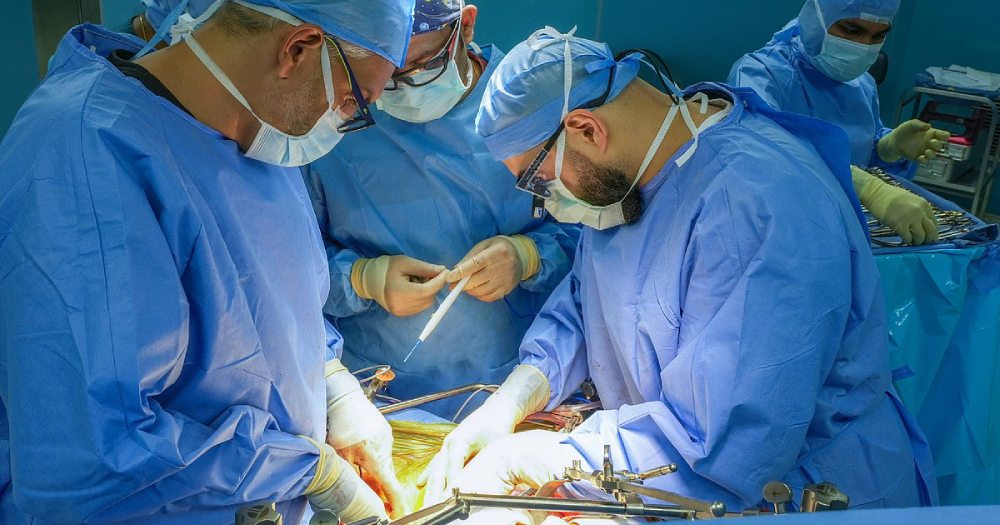UAE surgeons implant a novel pump to target cancer in a breakthrough procedure

In a quiet operating room in Abu Dhabi, a small pump just made big history. Surgeons at the Burjeel Cancer Institute (BCI) have successfully implanted the UAE's first Hepatic Artery Infusion Pump (HAIP) in a patient battling advanced colorectal cancer. The five-hour surgery wasn't just a medical feat-it marked a major leap in the region's fight against one of the deadliest cancers.
As Prof Humaid Al Shamsi, CEO of BCI, put it, "We are proud to offer this advanced option for the first time in the UAE and the Gulf... It ensures that patients receive state-of-the-art cancer care close to home."
How does it work?
Think of the HAIP as a precision courier. It's a small device, tucked discreetly under the abdominal skin, that continuously delivers chemotherapy straight into the liver's main blood vessel-the hepatic artery.
- Liver tumors, unlike healthy tissue, feed mainly from this artery.
- By sending the drug directly to the source, doctors can deliver higher doses without flooding the rest of the body.
- The result? Maximum impact on the tumor, minimal side effects elsewhere.
Dr Mohammad Adileh, who led the surgical team, explained it simply: "The HAIP technique helps shrink tumours that are otherwise inoperable and increases the possibility of converting them into surgically removable tumours." It's an elegant solution for an otherwise stubborn problem.
Why does it matter?
For many patients with colorectal cancer that spreads to the liver, traditional surgery isn't an option. Tumors may be too large or too close to vital structures to be safely removed. This is where HAIP shines. It can turn the impossible into possible, sometimes even curative.
According to Dr Adileh, the technique "improves patients' chances of receiving curative surgical treatment and achieving longer survival rates." In real terms, that means more people getting a second chance at life.
The procedure also reduces the emotional and financial strain of traveling abroad for advanced care. As Prof Al Shamsi emphasized, this breakthrough "contributes to the UAE's position as a regional leader in cancer care and medical tourism."
The context
While HAIP isn't new to the world-it's approved by the U.S. FDA and available in a few specialized centers-it's still rare. The complexity of the surgery and the expertise required have kept it out of reach for most hospitals. Burjeel's success changes that equation for the Middle East.
For the patient, a man in his sixties whose liver tumors were once deemed inoperable, the surgery was nothing short of life-altering. For the UAE, it's proof of how far regional healthcare has come — less than a decade ago, such a case would have required travel to Europe or the U.S.
This isn't just a story about one man's recovery. It's a sign that the country's medical sector is quietly entering a new era, one defined not just by technology, but by the expertise to use it wisely.
💡Did you know?
You can take your DHArab experience to the next level with our Premium Membership.👉 Click here to learn more
🛠️Featured tool
 Easy-Peasy
Easy-Peasy
An all-in-one AI tool offering the ability to build no-code AI Bots, create articles & social media posts, convert text into natural speech in 40+ languages, create and edit images, generate videos, and more.
👉 Click here to learn more


